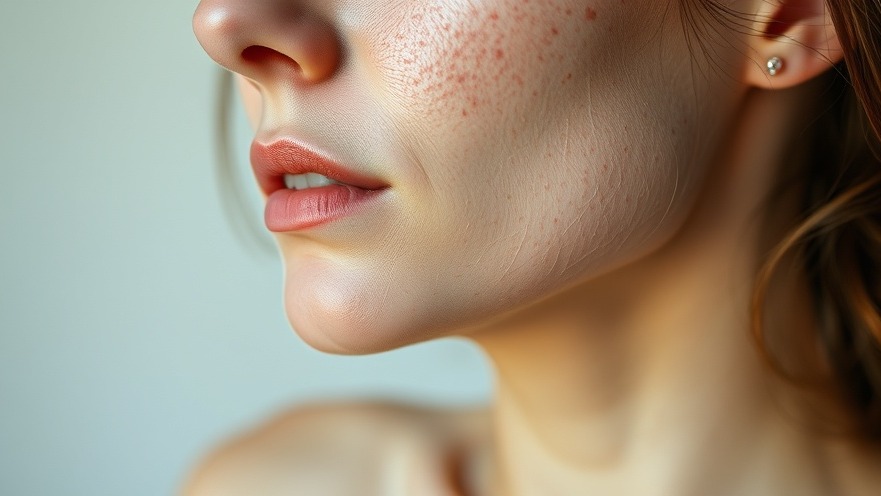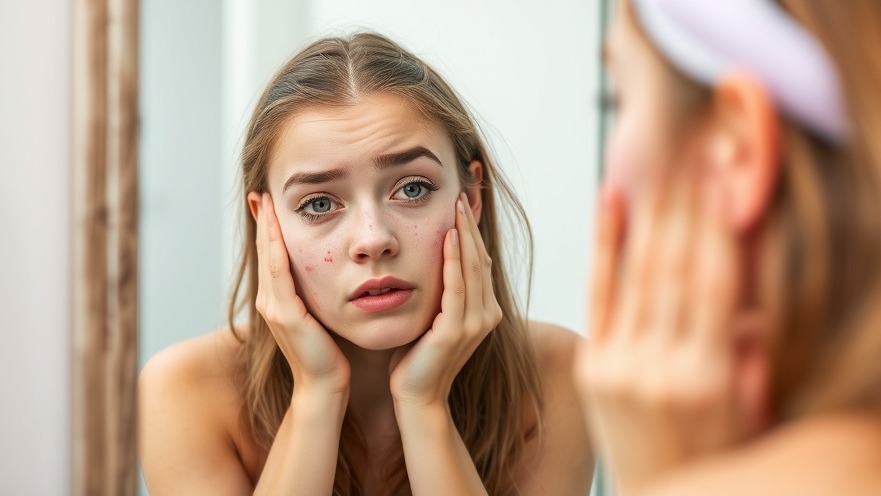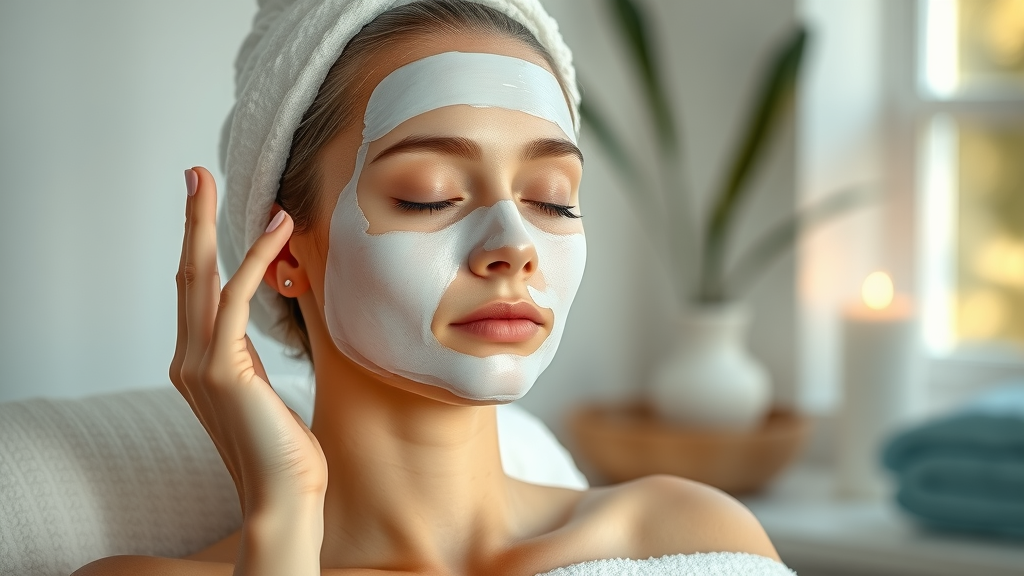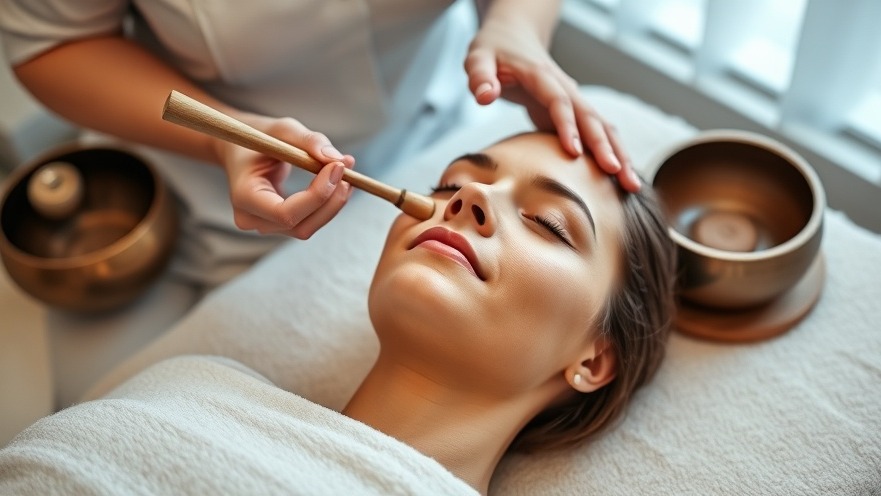Did you know? Studies show that mental health issues can exacerbate skin conditions such as acne, psoriasis, and eczema, creating a challenging cycle that affects millions worldwide. Mental health in skincare is increasingly recognized as a vital component of effective treatments—going beyond the surface to heal both skin and soul.
Monica Vidrio, founder of Esthetics by Monica in La Jolla, San Diego, passionately integrates mental health support into her acne-focused skincare clinic. This article dives deep into how mental health in skincare is transforming wellness routines, offering actionable tips for nurturing radiant skin alongside emotional well-being.

Startling Facts on Mental Health in Skincare
Understanding the critical link between mental health in skincare unveils why many patients’ skin concerns cannot be fully addressed through topical treatments alone. For example, research indicates that stress and anxiety significantly worsen acne outbreaks by increasing inflammation and hormonal imbalances.
Monica Vidrio shares that many of her clients come to her clinic facing not just physical skin challenges, but also the heavy emotional toll that acne often brings. It's common knowledge among skincare professionals that mental health impacts skin visibly and internally, making holistic approaches a necessity rather than an option.
Understanding the Skin and Mental Health Connection
Monica, of Esthetics by Monica, explains, "Mental health is number one in our suite. We focus on healing the soul alongside treating the skin, because acne affects both mind and body."
How Mental Health Influences Skin Conditions
The interplay between the skin and emotional health is profound. When a person undergoes mental stress, the body releases cortisol, a hormone that can increase oil production and inflammation in the skin. This cycle can trigger or worsen conditions like acne, eczema, and rosacea.
Monica highlights how her acne patients often report feeling isolated and mentally exhausted by their skin struggles. She stresses that caring for the skin requires addressing the emotional distress simultaneously, as these factors are deeply intertwined. By treating both skin symptoms and mental wellness, her clinic helps clients experience true healing.

Holistic Skincare Routines Incorporating Mental Wellness
Monica shares, "We prescribe meditation, journaling, and exercise alongside skincare treatments to support mental health and skin healing simultaneously."
Creating a Mental Wellness-Focused Skincare Routine
Integrating mental wellness into a skincare routine goes beyond typical cleansing and moisturizing. It involves nurturing the mind as much as the skin. Monica’s approach mixes traditional skincare with mindful practices that support emotional balance and stress reduction.
Her recommended routine encourages daily journaling to set positive intentions for both skin and mental health, coupled with meditation and affirmations during facials to promote calmness and healing. In tandem, maintaining a balanced diet and regular exercise fosters overall wellness that visibly benefits the skin.
Incorporate daily journaling to manifest positive skin and mental health goals
Use meditation and affirmations during skincare treatments
Adopt a balanced diet and exercise to support overall wellness
Utilize calming skincare products that soothe both skin and mind

Expert Insights on Building a Skincare Business with Mental Health Focus
Monica, of Esthetics by Monica, states, "Creating a space where clients feel vulnerable and at peace is essential. Mental health support is as important as the skincare treatments we provide."
Marketing Mental Health in Skincare Services
Monica utilized grassroots efforts to build her acne clinic’s reputation. Initially, she personally connected with local businesses and potential clients, sharing coupons and face-to-face conversations to create trust. With evolving technology, she now leverages social media platforms to spread awareness about the importance of mental health in skincare, increasing accessibility to her holistic services.
This approach resonates deeply with audiences who are searching not just for skincare products, but for empathetic care that acknowledges their emotional journey. Monica emphasizes the power of authentic connection in marketing, as it aligns perfectly with her clinic’s values and draws a loyal client base.

Common Misconceptions About Mental Health in Skincare
Many people mistakenly believe that skincare is solely about topical products and that mental health plays no role in their skin’s appearance. This misconception limits potential healing and delays effective treatment.
Another myth is that focusing on mental wellness during skincare is a luxury, not a necessity. Yet, as Monica asserts, "Mental health is number one in our suite." Evidence-based studies confirm that stress management and emotional well-being significantly improve skin condition outcomes.
Actionable Tips for Integrating Mental Health into Your Skincare Routine
Schedule regular self-care sessions that include mindfulness and relaxation
Choose skincare products that promote calming and healing effects
Seek professional help for mental health concerns impacting skin
Maintain a balanced lifestyle with nutrition and exercise

People Also Ask
How does skincare affect mental health?
Effective skincare can boost self-esteem and reduce anxiety related to skin appearance. Conversely, untreated skin issues can lead to mental distress, creating a difficult cycle.
What is the 4 2 4 rule in skincare?
The 4 2 4 rule refers to a skincare regimen involving 4 cleansing steps, 2 exfoliating processes, and 4 moisturizing routines to maintain skin health, promoting balance which benefits both skin and mind.
Why is Gen Z obsessed with skincare?
Gen Z values self-care and mental wellbeing, seeing skincare as a ritual that supports confidence and emotional health, reflecting a holistic approach to wellness.
How does mental health affect skin health?
Mental health influences hormone levels, inflammation, and skin barrier function, impacting conditions such as acne, eczema, and psoriasis.
Mental Health Factor |
Effect on Skin |
Recommended Skincare Approach |
|---|---|---|
Stress |
Increased acne and inflammation |
Use calming products and stress-reduction techniques |
Anxiety |
Skin sensitivity and flare-ups |
Incorporate mindfulness and gentle skincare routines |
Depression |
Dullness and poor skin barrier |
Focus on hydration and seek mental health support |
Key Takeaways
Mental health significantly influences skin health and should be integrated into skincare treatments.
Holistic routines combining mental wellness practices enhance skincare effectiveness.
Building a skincare business with a mental health focus creates deeper client connections.
Self-care and mental wellness habits empower individuals to improve both skin and emotional well-being.

Conclusion
To embrace mental health in skincare, prioritize mindful self-care, seek holistic treatments, and foster emotional support alongside effective skin regimens to achieve true wellness and radiance.
 Add Row
Add Row  Add
Add 




Write A Comment